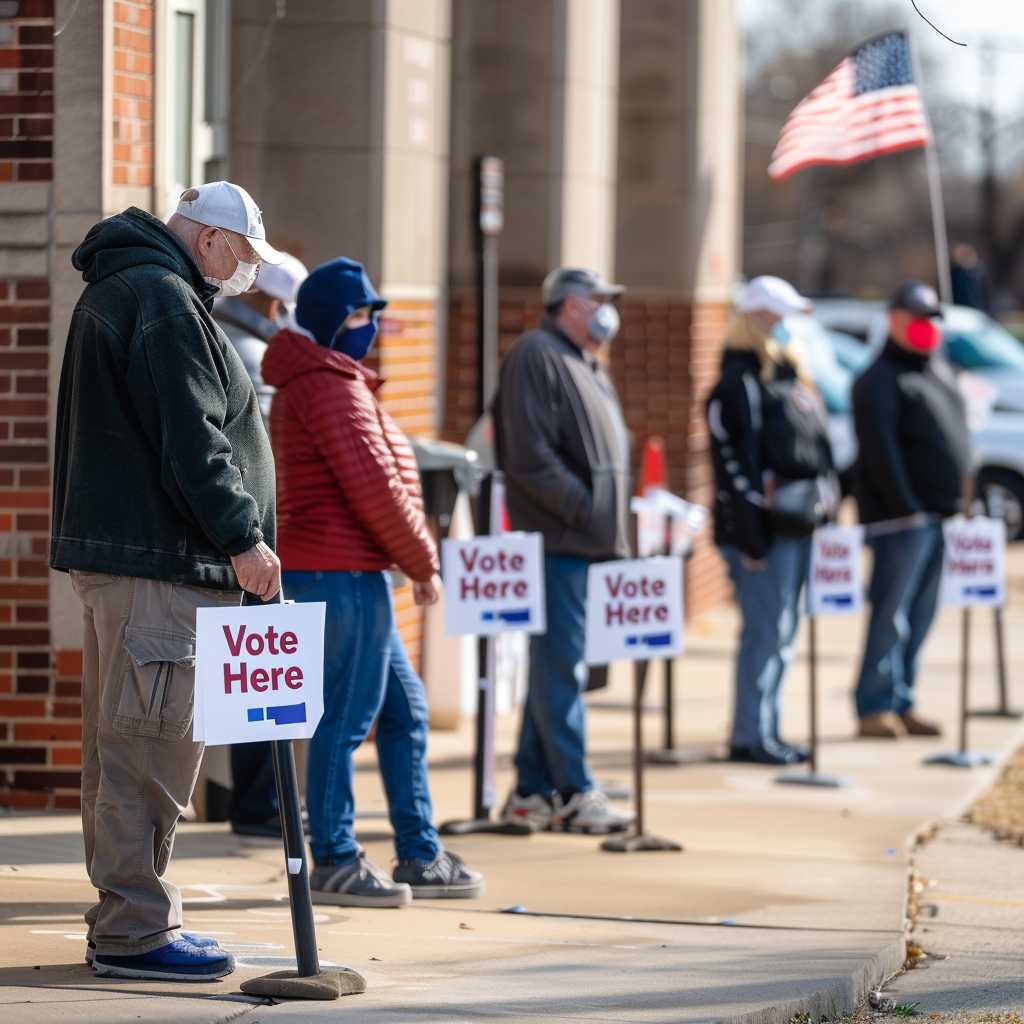Exploring Super Tuesday: A Pivotal Day in the American Political Landscape
Super Tuesday is a significant event in the United States political process, particularly within the realm of presidential elections. Falling typically in February or March of an election year, Super Tuesday is a day when a large number of U.S. states hold primary elections and caucuses. This day can either solidify a leading candidate’s position or alter the trajectory of the race entirely. In this extensive look at Super Tuesday, we explore how it came to be, its impact on the election process, changes throughout the years, and some critical historical outcomes associated with this event.
Background and Evolution of Super Tuesday
Super Tuesday was established with the goal of increasing influence for certain states in the presidential nomination process. It has evolved from a relatively minor event to a significant milestone that can make or break campaigns.
Traditionally, Iowa and New Hampshire have held their caucuses and primaries first, allowing them to significantly shape the trajectory of the race. Other states wanted to increase their influence, leading to a cluster of primaries being planned on one day. This consolidation has amplified their collective voice in determining prospective nominees.
The first Super Tuesday is often cited as occurring in 1980, but it gained distinct prominence in 1988 when a group of Southern states decided to hold their primaries concurrently to promote a candidate who could represent Southern interests.
Importance of Super Tuesday in the Nomination Process
Super Tuesday is referred to as “Super” because of its large-scale electoral significance. Candidates field test their appeal across diverse demographics and political landscapes. Candidates who perform well can generate significant momentum and oftentimes cement their frontrunner status. Conversely, poor performance on Super Tuesday hints at fading election prospects, and many candidates choose to suspend their campaigns after poor results.
Campaign strategies leading up to Super Tuesday are crucial
The Electoral Mechanics of Super Tuesday
Primaries and caucuses conducted on Super Tuesday can differ in substantive ways. Primary elections are state-run and function much like general elections
Each party has distinct rules regarding delegate allocation on Super Tuesday, complex formulas that weigh state voting outcomes against proportionality clauses or winner-take-all configurations.
Strategies and Outcomes of Past Super Tuesdays
Historical outcomes on Super Tuesday have sometimes reaffirmed presumptive front-runners but other times have provided unexpected boosts to underdog candidates.
In 2008, for instance, Barack Obama’s notable performance against Hillary Clinton showcased his broad appeal and durability as a candidate, setting up his eventual nomination and presidency. Contrastingly, in 2016 Donald Trump’s strong showing on Republican Super Tuesday signaled his viably disruptive candidacy.
Recent Developments and Variations in Super Tuesday Planning
Over time, states have continually changed whether they participate in Super Tuesday and how they conduct their processes. The shifting calendar is often a strategic decision taken by state parties trying to maximize their impact on the national stage.
There has also been criticism about the intense focus on this single day — which comes down not just to states’ political affinities but also how representative they are of the country’s broader demographics.
The Future of Super Tuesday
In light of its multiplicative effect on presidential primaries, there continue to be discussions concerning the role of Super Tuesday going forward. Critics argue for more staggered primaries to allow voters in all states an equal voice throughout the process.
Conversely, proponents see it as an efficacious means of testing candidates’ national viability rather than stemming success through smaller scale yet drawn-out electoral battles.
Regardless of future changes, Super Tuesday will likely remain a critical checkpoint in American political campaigns for many years to come due in part to media interest and campaign logistics.
Notes
Image description: A queue of people standing outside a voting location adorned with “Vote Here” signs during an election held on a sunny Super Tuesday morning; volunteers can be seen assisting voters near the entrance.
